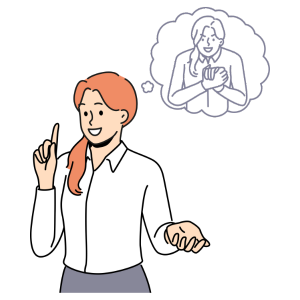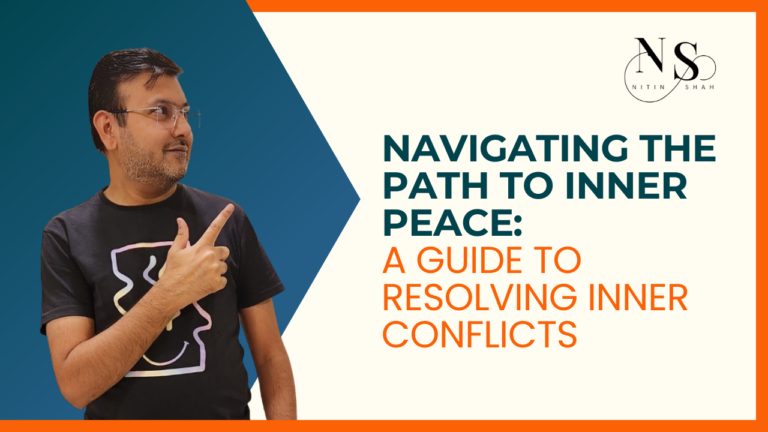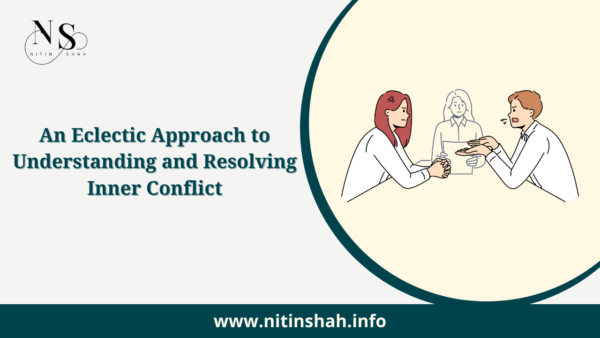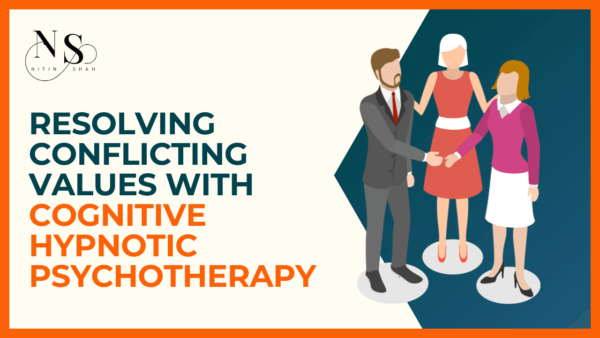Embarking on the journey to resolve inner conflicts is akin to setting sail on a personal odyssey towards understanding and tranquility. It’s about unraveling the complexities within, fostering a relationship with oneself, and ultimately finding peace amid life’s internal storms.
Understanding Inner Conflicts: The Emotional Tug-of-War

Inner conflicts are those subtle battles within, where emotions, desires, and beliefs engage in a quiet tug-of-war. They manifest in various ways, leaving us in a state of emotional chaos, indecision, and sometimes even self-sabotage. These conflicts touch every aspect of our lives, impacting relationships, decision-making, and the overall quality of our emotional well-being.
The Journey to Resolve Inner Conflicts: A Personal Commitment
Deciding to address inner conflicts is a personal commitment to self-discovery and growth. It’s not just about finding solutions; it’s about the profound process of understanding oneself on a deeper level. This journey is an acknowledgment of the courage it takes to confront and overcome internal struggles.
The Unifying Approach: Cognitive Hypnotic Psychotherapy
Imagine therapy as a compass guiding you through this journey. Cognitive Hypnotic Psychotherapy stands out as a comprehensive approach that weaves together various therapeutic techniques seamlessly. It harmonizes cognitive, behavioral, humanistic, and psychodynamic elements, embracing the power of metaphors, mindfulness, and spiritual healing.
Cognitive Hypnotic Psychotherapy: A Personalized Symphony of Healing

In the realm of therapy, Cognitive Hypnotic Psychotherapy acts like a tailored symphony. It doesn’t impose a rigid structure; instead, it molds therapy to suit your unique needs. It’s not just about addressing symptoms; it’s about delving into the core of your struggles and guiding you toward a holistic resolution.
Advantages of Cognitive Hypnotic Psychotherapy: A Toolkit for Inner Harmony
The beauty of this therapeutic approach lies in its adaptability. It’s not a one-size-fits-all solution but rather a toolkit. It offers a variety of techniques, including hypnosis, cognitive restructuring, behavioral interventions, metaphors, and more, ensuring a comprehensive and effective resolution of inner conflicts tailored to your individual needs.
Preparing for Your Journey: Assessing Readiness and Realistic Expectations
Before embarking on this transformative journey, it’s important to assess your readiness. Consider it as packing your emotional bags. Are you ready to confront and explore your inner world? Setting realistic expectations is crucial — understanding that this journey involves time, patience, and a commitment to personal growth.
Steps to Prepare for Inner Conflict Resolution: The First Steps Towards Change
Identifying and acknowledging your inner conflicts are the initial steps. It requires an honest self-reflection, a willingness to look within. Choosing a therapist skilled in Cognitive Hypnotic Psychotherapy is like having a trusted guide. It’s about finding someone who understands your unique journey and can help you navigate through its twists and turns.
Techniques Used in Cognitive Hypnotic Psychotherapy: Tools for Transformation
Think of therapeutic techniques as tools in your emotional toolbox. Hypnosis opens a gateway to your subconscious, cognitive restructuring challenges negative thoughts, and metaphors provide a symbolic language for your mind. These tools work together, facilitating a transformative process that helps you understand and overcome inner conflicts.
Personalizing the Therapeutic Journey: Respecting Your Uniqueness
Every individual is unique, and so are their struggles. Cognitive Hypnotic Psychotherapy respects this uniqueness. Each session is tailored to your specific challenges, ensuring that therapy addresses your personal journey toward resolution.
The Role of Mindfulness and Spiritual Healing: Finding Calm Amidst the Storm
Mindfulness acts as a gentle guide, helping you navigate your inner landscape. It fosters an awareness of the present moment, allowing for non-judgmental observation of thoughts and emotions. Spiritual healing taps into a deeper source, providing solace and understanding beyond the surface.
Overcoming Common Challenges: Navigating Stormy Seas

No journey is without challenges. Resistance and setbacks may occur, but acknowledging and addressing these hurdles is part of the process. Your therapist becomes a supportive guide, helping you navigate through the stormy seas of inner conflicts.
Monitoring Progress and Adjusting Goals: A Journey, Not a Destination
This journey isn’t linear; it’s dynamic. Monitoring progress is crucial. Insights evolve, and so do goals. The flexibility of Cognitive Hypnotic Psychotherapy allows for adjustments, ensuring that your therapeutic journey remains tailored to your evolving needs.
Conclusion: Your Journey Towards Inner Peace
As you prepare for this transformative journey, understand that the resolution of inner conflicts is not just a destination; it’s a continuous process of self-discovery. Embrace the eclectic approach, especially Cognitive Hypnotic Psychotherapy, as your guide through the intricate landscape of the self. Your journey awaits — a journey toward inner peace, understanding, and a fuller, more authentic version of yourself.
Begin Your Journey Today
Don’t let inner conflicts hold you back any longer. Take the first step toward a more fulfilling life by booking a free consultation session. Click the button below to schedule your appointment and start your transformational journey towards inner peace and harmony. Your healing journey begins with a single step.




